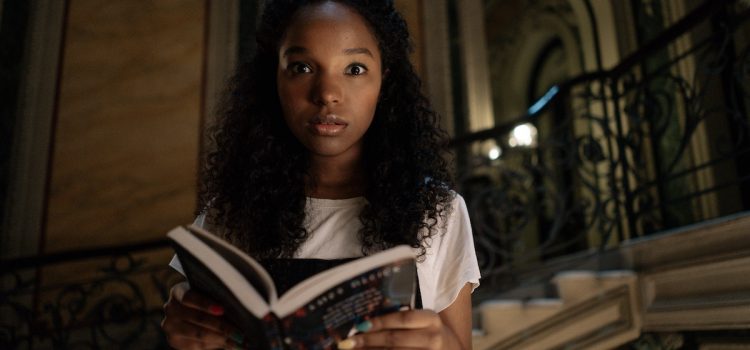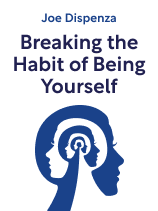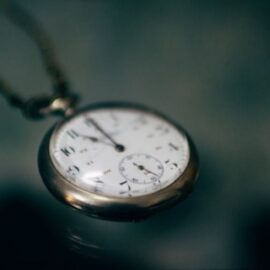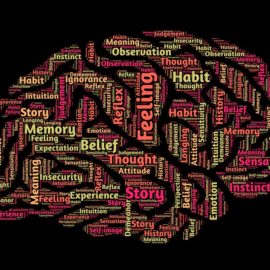

This article is an excerpt from the Shortform book guide to "Breaking the Habit of Being Yourself" by Joe Dispenza. Shortform has the world's best summaries and analyses of books you should be reading.
Like this article? Sign up for a free trial here.
Are you looking for Breaking the Habit of Being Yourself quotes by Joe Dispenza? What are some of the most noteworthy passages worth revisiting?
In Breaking the Habit of Being Yourself, Joe Dispenza explains that unhappiness is the result of bad habits that make up our personality. He explains what makes us think and feel the way we do, how that affects the condition of our lives, and how to use this information to form a new, better version of ourselves.
Below is a selection of passages with explanations.
Breaking the Habit of Being Yourself: How to Lose Your Mind and Create a New One
Joe Dispenza has a Doctorate of Chiropractic degree and has done extensive postgraduate training in neuroscience, brain chemistry, and cellular biology, among other things. He is the author of Evolve Your Brain, as well as the New York Times bestseller, You Are the Placebo.
In Breaking the Habit of Being Yourself, Joe Dispenza suggests that it’s our habits that keep us from growing and creating the life we want, and he offers a detailed guide on how to get rid of those habits and replace them with habits that move us toward our ideal selves.
The following Breaking the Habit of Being Yourself quotes highlight some of his key ideas.
“The latest research supports the notion that we have a natural ability to change the brain and body by thought alone, so that it looks biologically like some future event has already happened. Because you can make thought more real than anything else, you can change who you are from brain cell to gene, given the right understanding.”
Dispenza refers to the neuroscientific research on neuroplasticity to support his claim that you can literally change the structure of your brain by thinking in a different way. Because of neuroplasticity, Dispenza claims, frequently thinking or feeling something causes you to repeatedly use the neurons associated with those thoughts or feelings, which hardwires those thoughts or feelings into your brain, forming a thinking habit.
For example, when you see an ad featuring a supermodel, you may feel shame when you think about your body. If you see this ad repeatedly, the neurons that fire when you feel shame and the neurons that fire when you think of your body will begin to wire together, and eventually you’ll start to think about how your body looks any time you feel shame. You’ll have hardwired this association into your brain and made it a habit.
“So if we want to change some aspect of our reality, we have to think, feel, and act in new ways; we have to “be” different in terms of our responses to experiences. We have to “become” someone else. We have to create a new state of mind … we need to observe a new outcome with that new mind.”
As Dispenza explains, changing yourself requires changing the way you think and feel on a moment-to-moment-basis. Thoughts come from the mind, and feelings come from the body. However, while thoughts and feelings originate in different places, they’re constantly giving each other feedback, creating a loop: A thought will make you feel a certain way, and then when you later feel that specific way, you’ll have that same thought. Loops can be positive or negative. A bad thought is accompanied by a bad feeling, and the next time you have that feeling, the bad thought comes. Or you have a good feeling that feeds into good thoughts, and vice-versa.
These feedback loops shape your reality. If you have a negative loop, you’ll see the world negatively. If you have a positive loop, you’ll see the world positively. This reality eventually becomes a part of your identity.

———End of Preview———
Like what you just read? Read the rest of the world's best book summary and analysis of Joe Dispenza's "Breaking the Habit of Being Yourself" at Shortform.
Here's what you'll find in our full Breaking the Habit of Being Yourself summary:
- How your habits are keeping you from growing
- How to unlearn your harmful habits to create a new you
- A four-step meditative practice to help you learn new habits






